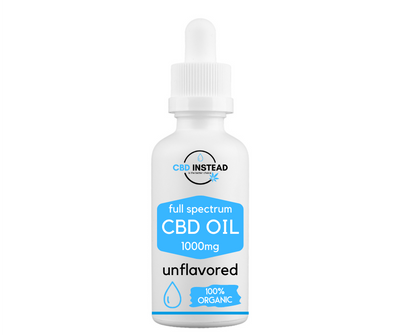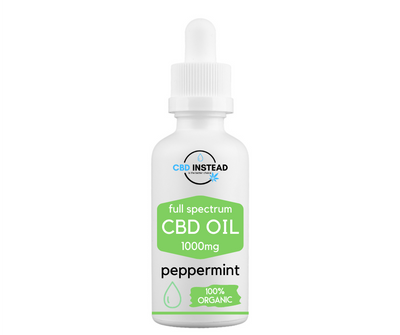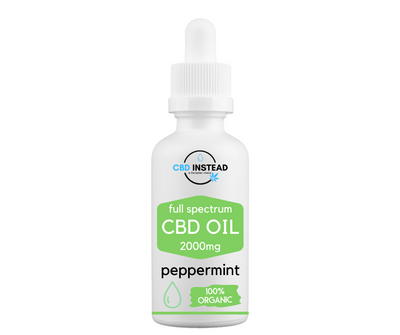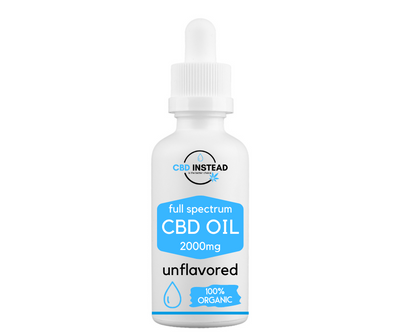Do you have a difficult time being motivated to do things? Things like exercising, taking a shower, or keeping your house clean? While being exhausted from work and/or taking care of the family can play a huge role in how you use your energy, depression can make that limited pool of motivation dry up fast. But there are a few things you can do to assist yourself making accomplishment a bit easier.
Why Does Depression Take Away Motivation?
You might be curious as to how depression has anything to do with motivation. Someone who has been struggling for years with depression and knows how it feels to feel like they avoid doing everything and anything may wonder why this happens. Especially when you get labeled as lazy or a slob, it would be nice to know what is going on in the noggin to help explain yourself to people and know what kind of help you need.
Where Does Motivation Come From?
To know how depression impacts motivation, we need to understand how we get motivated in the first place. What gets us out of bed in the morning and drives us to do our daily tasks? The answers lie in your neurotransmitters.
Both dopamine and serotonin play a role in motivation. This is why pharmaceutical antidepressants have been so successful. Of course, there are natural ways to improve your brain function, but not every brain is the same, and some people need a little help. Until recently, pharmaceuticals were the only medication available to help with this chemical imbalance, but now scientists believe CBD can be in the running as well. But to know how any of those even work, you need to know how your brain uses these neurotransmitters to drive your motivation.
Dopamine
Dopamine is one of the neurotransmitters that help create the sense of emotion. The chemical signal gets passed in between brain cells through the synapse where it interacts with various receptors. There are many different pathways dopamine can take, but the one that leads to motivation is the mesolimbic pathway.
The mesolimbic pathway plays a large role in motivation and runs from the middle of the brain and branches out to several places like the cerebral cortex, which has shown in studies to be linked to motivation.
The nucleus accumbens is also affected by the mesolimbic pathway, studies show. This region of the brain triggers feedback to help the brain predict when a reward is coming. Basically, your brain recognizes that something important is about to happen so it kick starts the dopamine production.
Dopamine in this situation is meant to encourage people to perform tasks. People who have more dopamine in their striatum and prefrontal cortex have shown in studies to be more productive. The dopamine levels in the brain are influenced more by the cost and benefit aspect of a task rather than the pleasure of the actual activity. Though you may not enjoy the activity, dopamine makes sure you do it anyway because the reward at the other end is worth it.
Serotonin
Serotonin also plays a role in motivation. This neurotransmitter is what helps make the effort to complete a task less overwhelming. The way it works is by carrying messages between nerve cells, and it does most of its work in your intestines or central nervous system. It plays a regular role in regulating your appetite, sleep schedule, dreams, and mood.
A study found that when volunteers took a medication that increased their serotonin levels, they put more effort toward a task. Studies have also found that an increase in serotonin levels reduced the levels of apathy, making things matter more and easier to complete.
Depression And Motivation

Both serotonin and dopamine are lacking in depressed patients. While depression is still not fully understood, researchers believe that it may be caused by inflammation in the brain. When someone experiences a great amount of stress, inflammatory cytokines flood their brain. This can cause inflammation and eventual damage, causing the brain to not work as efficiently.
So how can you have the motivation to do things when your brain isn’t letting you? Well, you have to fight back. Depression is a battle, and you can win it. The battle doesn’t start with a large explosion. You have to sneak in the same way depression tries to sneak up on you. The first step is taking a small step.
How To Motivate Yourself When You Have Depression
1. Start Small
Have you gone a month without cleaning your house? Your task shouldn’t be to clean the whole house by a certain time. While, yes, that is a great long-term goal to have, this long-term goal can become overwhelming. Start off small, like making sure to do a load of dishes today or cleaning the toilet in the bathroom. You don’t have to make giant strides to achieve progress.
2. Be Easy On Yourself
Would you talk to your friends the way you talk to yourself? That is a question you should ask yourself whenever you are being mean. Don’t be too hard on yourself when you miss a day of being productive. Don’t let the guilt burry you into another unproductive day. Sometimes you need a break, and that’s okay. Just remember to be gentle.
3. Celebrate small victories
Did you take a shower for the first time in two weeks? Celebrate! Make a big deal about it. Even though you did a normal task that you might not think is very exciting, it is. Any step you take in the right direction is an exciting step, remember to celebrate your small victories. Even without depression, sometimes that’s all we have.
4. Positive Self-Talk
Motivate yourself! If you keep saying to yourself you’re too tired or nothing matters, that will continue to be your process. Positive self-talk is a huge game changer when it comes to depression. It doesn’t make it go away, but it helps you fight back. Your mind is so powerful, obviously look what it can do to you, but if you take control imagine what you could accomplish.
5. Ask Or Accept Help
Don’t be too proud to ask for help. If you are overwhelmed because laundry has stacked up over the past three weeks, have someone help you get through it. If someone offers to help you, accept it. They wouldn’t offer if they didn’t want to do it. You are not a burden to anyone. Believe it or not, some people feed off of helping others. You would really be doing them a favor by helping them feel good about themselves.

6. Think About The Future
When you have a task at hand that you really don’t want to do, don’t think about doing it. Think about how good it will feel when it is done. How nice it will feel to drive in a clean car. How happy your dog will be after you give him a bath. Or how strong you feel after doing some yoga. Focus on the reward for the task, because that is how your brain is programmed to work in the first place.
7. You Don’t Have To Enjoy It
The only goal you need to have for a task is to complete it. You need to accept the fact that you aren’t going to like everything you have to do. You may wonder how anyone gets anything done, but it is because people who don’t suffer from depression can fight through not wanting to do something they won't enjoy because they feel balanced most of the time. You don’t have that luxury, but unfortunately, life isn’t fair. If you get into your head that it is what it is and you just have to get it together and complete a task, it will make it easier.
8. Exercise
Studies have shown that exercise can help people with motivation, even in people who have depression. It is a natural way to elevate the mood-boosting chemicals in your body which has you feeling like you can take on the day.
Like stated before, start small with this one. You don’t have to commit to a gym membership, that is just asking to find excuses not to go. Start with a ten-minute walk in your neighborhood or yoga in the living room. Some stretches in between reports at work. It’ll be easier for you to complete if the goal is small, and eventually, you might find yourself doing more and for longer.
9. Let Yourself Focus
It can be hard to do anything when you are distracted. When it gets hard to complete, you are less likely to want to do it. People with depression can have issues with focus and concentration already; you should make adjustments to make sure that you can focus. Turn your phone on silent, put a movie on for the kids, or play classical music in your headphones while you get at it.
Medicine Can Help
Antidepressants are a common way many people are getting their brain to start cooperating. These medications have shown to work so well with some people because they elevate the dopamine and serotonin neurotransmitters in your brain.
These methods can work for you, but they may not work for everyone. Some people experience side effects like weight gain, feeling foggy, or suicidal thoughts. If you are having a hard time with prescriptions, CBD oil may be able to help.

How CBD Can Help With Depression
Studies have shown that CBD oil may be able to help activate serotonin receptors. CBD hemp oil may also strongly modulate the mesolimbic system. A study published this year tested rodent models to see how quickly the anti-depressant effects began to work, and in just thirty minutes they noticed a chemical change.
CBD oil also elevates an endocannabinoid in your body called anandamide. This endocannabinoid binds to the CB1 receptor which helps regulate your neurological system. This includes things like your sleep, appetite, pain sensitivity, and your mood. It can help give you a more level mood, and it can help give you a boost of natural energy to get you going.
If you want to try CBD for motivation, taking a tincture, using a vape pen, or eating candy are some of the best methods because they work quickly. Stop by our shop to find the best solution for you!
Have you conquered your depression and begin to find ways to motivate yourself? We would love to hear any tips you have in the comment section below!






















